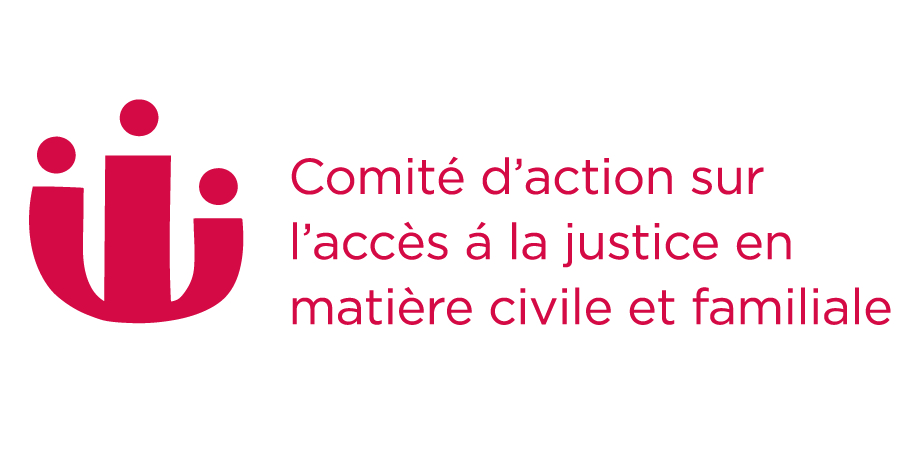Inventory of Reforms
Workplace Dispute Resolution Project
Year:
2010
Description:
In 2010, at the request of the provincial Ministry of Labour, the British Columbia Law Institute (BCLI) undertook a brief study of the merits of establishing a Workplace Tribunal for British Columbia. The Ministry provided the BCLI with a specific model for consideration. This proposed model left elements of the existing BC framework, such as the grievance arbitration system, unchanged, and required the creation of a new Workplace Services Branch with responsibilities including investigation, alternative dispute resolution and first line decision-making powers over employment standards complaints and human rights complaints originating in non-unionized workplaces. The model was centered around a new tribunal with jurisdiction over all employment-related disputes now adjudicated by the Labour Relations Board and the Employment Standards Tribunal, appeals from determinations by the Workplace Services Branch with respect to employment standards and human rights matters, as well as limited power to reconsider its own decisions on specified grounds. In effect, the new model would eliminate the Human Rights Tribunal’s jurisdiction over workplace-related complaints – about 60% of its current caseload.
Status:
Completed
Jurisdiction:
British Columbia
Body Responsible:
British Columbia Law Institute
Publications:
Workplace Dispute Resolution Project – British Columbia Law Institute
Purpose:
The BCLI research project involved international comparative research into existing workplace dispute resolution systems, and a targeted consultation of BC stakeholders selected jointly by the Ministry and the BCLI. The 59-page final report of the BCLI contains: (1) an outline of the proposed model; (2) a brief overview of the existing workplace dispute resolution framework in BC; (3) a summary of comparative research (UK, Australia, New Zealand); (4) a summary of the consultation session feedback; and (5) a discussion of findings and conclusions including an assessment of the strengths and weaknesses of the proposed model.
Results:
This report summarizes the results of the BCLI’s research and consultation, and addresses the following questions that were put to the BCLI in the Ministry’s reference:
- What are the merits of establishing a unified Workplace Tribunal as proposed?
- What legal and other issues are raised by the proposal to replace the current system with the Workplace Tribunal?
- What is the experience in other jurisdictions where a comparable approach has been implemented?
- Does the experience in those jurisdictions suggest other and better ways to achieve some or all of the objectives?
- What findings and conclusions can be made from the research, analysis and consultation?
The findings section of this study paper is lengthy and this executive summary is not able to outline all of our findings but rather highlights some key findings and puts forward our general conclusion. In brief, the BCLI’s comparative research did not uncover any existing system for workplace dispute resolution significantly similar to the proposed model. The UK appears to have a system with the greatest similarity to the proposed model. The UK is the only jurisdiction we studied in which the employment tribunal has exclusive jurisdiction over almost all disputes arising from both unionized and unionized workplaces, including discrimination complaints. However, differences in employment, labour and human rights law between the UK and BC make comparisons unreliable.
Revision History:
This summary was last reviewed in Aug 16, 2012



